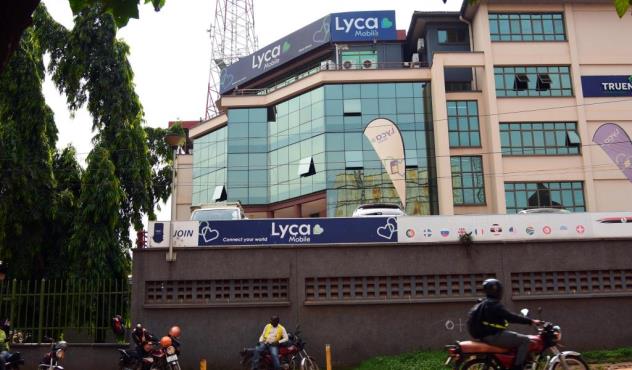The report documents the impact of the lockdown measures on businesses during the COVID-19 pandemic, with a focus on the trends redefining the sector and opportunity spaces for the retail ecosystem to ensure longer term sustainable economic development and business resilience.
While launching the report at the Golden Tulip Hotel earlier today, CK Japheth The Innovation Village Team Lead noted that the retail sector in Uganda plays an important role in Uganda contributing an average of 18% to the country’s GDP in the last decade.
“The sector in Uganda employs about 16% of the country’s labour force, making it the country’s largest employer. With majority of our livelihoods dependent on retail, businesses suffered a major setback after the pandemic caused major losses and business strain as the country sought to curb the spread of the virus.”
According to the report, the advent of the pandemic led to a sharp decline in the revenues of most retailers in 2020 compared to 2019. Up to 78.1% of the businesses that participated in the survey projected that their revenues will decrease this year. Of those, 56.5% indicated that their revenues would decrease by more than 25% while 21.9% projected their revenues will decrease by less than 25%. Only 5.5% of respondents projected revenues to increase year on year from 2019 to 2020.
What the technocrats say;
While speaking at the event, Stanbic Bank’s Executive Director Emma Mugisha said that the Future of Retail automatically sparks the conversation on the Future of Banking. “As a bank, we create products to meet the customer’s needs. Leveraging digitization to serve this purpose is at the fore front of our operations.
“We have digitized most of our services and most of our customers were able to access their money using their digital devices and make transactions online. Businesses in the informal sector were able to operate e-transactions seamlessly because of this.”
The disruption presented an opportunity for use of digital tools within the retail sector, due to consumer behavioral shifts. Businesses that typically depended on walk-ins had limited access to customers prompting the use of delivery services. They adopted online channels for them to stay in touch with their customers. Those who were already operating online businesses experienced a surge in sales as consumers turned to online shopping.
“Our e-commerce shop saw an increase in visitors from 150 to 800 per day. Volumes increased by up to 1,500% as demand for telemedicine shot up during lockdown”. Davis Musinguzi, MD of Rocket Health said.
What the report indicates;
The ‘Future of Retail’ report shows that due to disruption of supply chains by COVID-19 restrictions, 20.7% of retail businesses delayed goods delivery. 14.9% of retail businesses on the other hand have had to seek new ways of obtaining supplies. Prices of some basic agricultural commodities, such as sugar, cooking oil and rice, rose by 15%. All these fluctuations and sharp drops affecting retail trade.
Olga Kiconco, Lead Strategy and Consulting at The Innovation Village noted that the report presents an opportunity for retail innovation. This is in the way our retailers provide tangible value to consumers. “The use of alternative technologies and business processes cannot be ignored. We would rather embrace and incorporate these in operations to offer consumers convenience and value for money. In turn, this would result in growth and competitive advantage for our retailers.” she said.
“Rethinking and redefining our retail stores will take collaborative initiatives. For example, training retailers on how to adopt new technologies and selling trends. Creating and innovating solutions to suit our environments.” Kiconco concluded.
Check also;
- President Museveni Launches Buy Uganda Build Uganda ( BUBU )
- Kampala Salt Manufacturer Demands Zero Tax On Raw Materials
- Ugandans Celebrate World Consumer Rights Day
Please use the button below to contribute to Newslex Point, Inc. using a credit card or via PayPal.

 Newslex Point News in Uganda, Uganda news
Newslex Point News in Uganda, Uganda news












